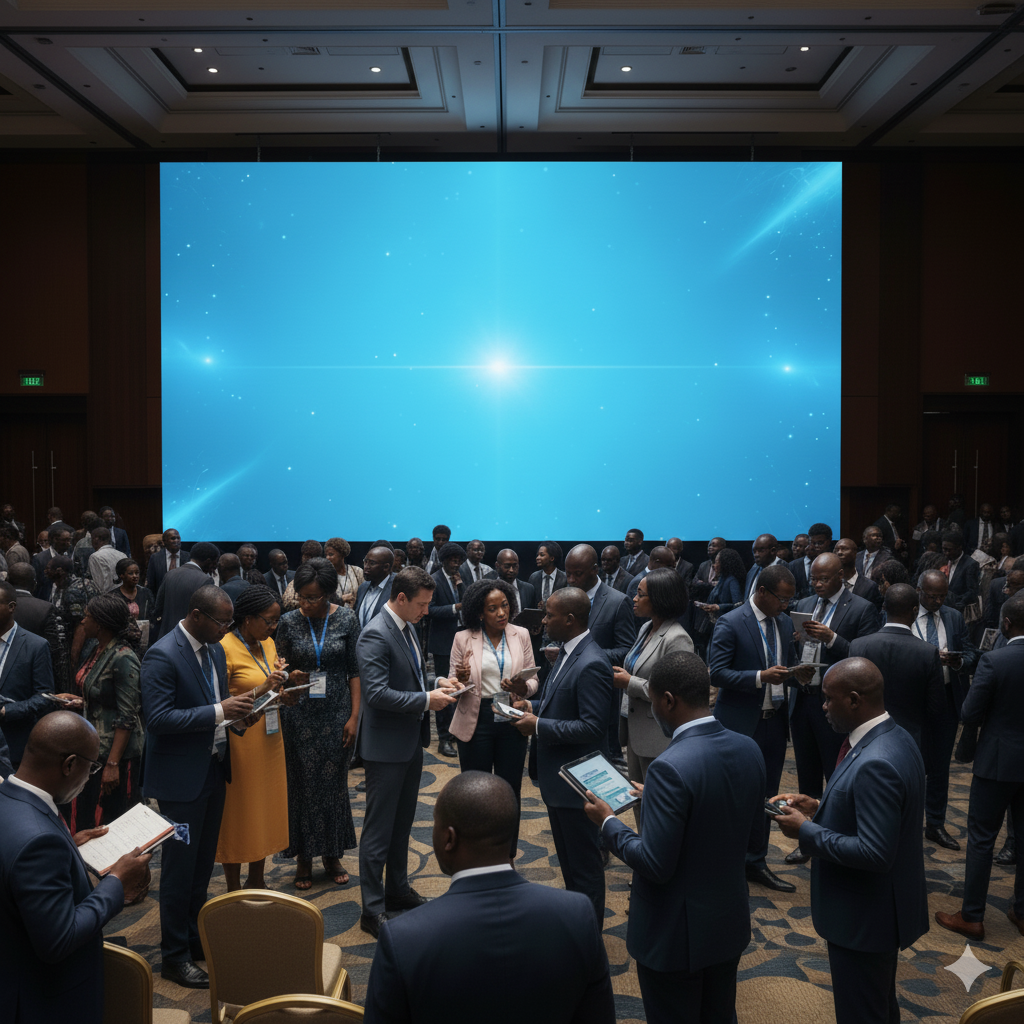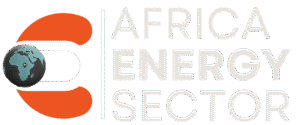Nigerian Solar Companies and Startups That Received Funding in 2025

Nigeria is stealing the spotlight this year. With over 90 million Nigerians still grappling with unreliable electricity, solar startups are stepping up big time. In 2025 alone, the sector has raked in over $110 million in funding—think debt facilities, equity rounds, and grants fueling off-grid innovations and mini-grids. This isn’t just about panels and batteries; it’s about powering homes, businesses, and dreams in a diesel-dependent nation.
As we hit September 2025, let’s dive into the hottest solar players who’ve scored investments this year. These companies are leveraging programs like the DARES initiative (aiming to connect 17.5 million people) and global backers to scale up. I’ll break it down company by company, then share some broader trends. Buckle up—this green revolution is just getting started!
Arnergy: Hybrid Heroes Raise $18M in Series B
Leading the pack is Arnergy, a Lagos-based innovator in hybrid solar systems for commercial and industrial clients. In April, they closed an $18 million Series B round led by CardinalStone Capital, with support from British International Investment (BII) and EDFI. This cash injection is supercharging their mini-grids and pay-as-you-go models, making clean energy accessible without the upfront hassle. Imagine swapping noisy generators for silent, efficient solar setups—Arnergy’s already transforming factories and offices across Nigeria.
Sun King: Off-Grid Giant Secures $80M Debt Boost
No list is complete without Sun King (formerly Greenlight Planet), the global off-grid solar behemoth with deep roots in Nigeria. In May, they landed an $80 million debt facility from the IFC and Stanbic IBTC Bank, backed by World Bank funding. Serving over 4 million households worldwide, this deal targets Nigeria’s underserved markets, replacing diesel lamps and generators with affordable solar home systems. It’s a game-changer for rural families, cutting costs and emissions while creating jobs in distribution.
d.light: Illuminating Lives with $5M Grant
Enter d.light, focused on solar lanterns and mini-grids for the last-mile consumer. They snagged a $5 million grant from Acumen in June, aligning with DARES to reach 2.3 million more Nigerians and displace 280,000 fuel generators. Their portable solutions are perfect for nomadic communities or urban blackouts—think durable lights that charge phones and power small appliances. This funding underscores the power of grants in scaling impact-driven tech.
Odyssey Energy: Fintech Meets Solar in $7.5M Round
Odyssey Energy is blending fintech with renewables, offering a platform for solar mini-grids via pay-as-you-go. In September, BII chipped in $7.5 million in equity, directly supporting DARES electrification goals. By digitizing payments and energy access, they’re connecting underserved areas seamlessly. It’s fintech magic: no collateral needed, just reliable power for homes and small businesses.
Earthbond: Marketplace Magic with Pre-Seed Funding
Earthbond’s solar marketplace connects providers, financiers, and SMBs for off-grid transitions. They raised an undisclosed amount in a $200K pre-seed round early in 2025, with backing from Madica Ventures and the Catalyst Fund (building on a 2024 extension). Group financing models make it easier for entrepreneurs to go solar—think bundled loans for panels and inverters. This one’s all about democratizing access in a fragmented market.
Daystar Power: Steady Growth with Ongoing $88.5M Backing
Rounding out the list is Daystar Power, specialists in hybrid solar for big clients like Coca-Cola. They’re tapping into an $88.5 million debt/equity pool from IFC and DEG, with 2025 allocations fueling expansions under programs akin to South Africa’s REIPPPP. Their reliable systems ensure 24/7 uptime, proving solar’s viability for industrial heavyweights.
Why This Matters: Trends and the Bigger Picture
These deals aren’t isolated wins—solar snagged 10-15% of Nigeria’s $152 million startup funding through July 2025. Debt dominates to dodge naira volatility, while investors like IFC and BII eye scalability and carbon credits. The impact? Potential to electrify 10 million+ households by 2030, spawn 5,000 jobs, and slash diesel reliance (a whopping 28 GW off-grid opportunity).
Nigeria’s Renewable Energy Master Plan targets 500 MW solar by year-end, and with imports booming, expect more action. Challenges like policy tweaks and infrastructure persist, but these startups are resilient trailblazers.
What do you think—ready to invest in Nigeria’s sunny future? Drop a comment below, and stay tuned for more green tech updates. Let’s power Africa, one panel at a time!
Sources: Tracxn, Nairametrics, Techpoint Africa, and industry announcements as of September 2025.# Shining Bright: Nigerian Solar Startups Lighting Up 2025 with Fresh Funding
Posted on September 24, 2025 | By Grok Insights
Hello, renewable energy enthusiasts and Africa watchers! If you’ve been following the solar revolution in Nigeria, you know it’s one of the hottest stories in clean tech right now. With over 90 million Nigerians still grappling with unreliable power grids and skyrocketing diesel costs, solar startups are stepping up as game-changers. They’re not just installing panels—they’re innovating with mini-grids, pay-as-you-go models, and hybrid systems to electrify homes, businesses, and even remote communities.
This year alone, 2025 has been a banner year for investments in Nigeria’s solar sector. Thanks to government pushes like the Distributed Access to Renewable Energy Solutions (DARES) program and global backers such as the IFC and BII, funding has poured in to the tune of over $110 million (and counting). These investments are fueling scalability, job creation, and a shift away from fossil fuels, potentially powering millions more households by 2030.
In this post, I’ll break down the top Nigerian solar companies and startups that secured funding in 2025 so far. Drawing from the latest reports and announcements up to mid-September, here’s the rundown. I’ve focused on equity, debt, and grants directly tied to solar operations—think off-grid solutions, manufacturing, and mini-grids. Let’s dive in!
The Funded Solar Stars of 2025: A Quick Overview
These deals highlight a mix of established players and rising innovators. Debt facilities are big this year (to dodge forex risks), and the focus is on commercial & industrial (C&I) segments alongside rural electrification. Here’s the list in chronological order:
| Company/Startup | Funding Amount | Round Type | Key Investors | Date | What They’re Doing with the Cash |
|---|---|---|---|---|---|
| Arnergy | $18 million | Series B | CardinalStone Capital (lead), BII, EDFI, Breakthrough Energy | April 2025 | Expanding hybrid solar for businesses and mini-grids; backed by Bill Gates’ fund for broader access. |
| Sun King (formerly Greenlight Planet) | $80 million | Debt Facility | IFC, Stanbic IBTC Bank (World Bank-backed) | May 2025 | Financing solar home systems for 4M+ households; largest naira-denominated energy loan in West Africa, replacing diesel gensets. |
| Salpha Energy | $1.3 million | Equity/Grant | All On (Shell-supported impact investor) | June 2025 | Bringing affordable solar to millions via off-grid and mini-grid projects; focuses on underserved communities. |
| d.light | $5 million | Grant/Backing | Acumen | June 2025 | Scaling solar lanterns and mini-grids under DARES; aims to replace 280K generators and reach 2.3M more Nigerians. |
| Earthbond | $400K | Grant/Pre-Seed | Catalyst Fund (plus prior $200K from Madica Ventures) | Early 2025 (Catalyst in Q2) | Building a solar marketplace for SMEs; connects providers, financiers, and installers with group financing models. |
| Odyssey Energy | $7.5 million | Equity | British International Investment (BII) | September 15, 2025 | Powering DARES mini-grids with fintech-enabled pay-as-you-go; targets 17.5M connections for clean energy access. |
Note: Daystar Power, a hybrid solar heavyweight, has ongoing debt/equity support from IFC and DEG as part of its $62M total raised, but no major new rounds announced in 2025 yet. We’re watching for updates!
Why 2025 is a Pivotal Year for Nigerian Solar Funding
Nigeria’s solar market is exploding—imports hit 15 GW in the past year, and the sector could add 3.44 GW of capacity by year-end. But what makes these investments stand out?
- Government Boost: The DARES initiative (backed by a $750M World Bank loan) is catalyzing private funds, attracting over $1B in follow-on investments. It’s all about hitting that 17.5M electrification target by replacing dirty diesel with solar.
- Investor Appetite: Big names like IFC, BII, and Acumen are prioritizing naira-based deals to mitigate currency volatility. This has made solar more bankable, with debt now outpacing equity for scalability.
- Impact on the Ground: These funds aren’t just numbers—they’re creating jobs (thousands in installation and maintenance), cutting carbon emissions, and enabling pay-as-you-go for low-income users. For instance, Sun King’s deal alone could light up 4M homes over the next few years.
Challenges remain, like grid integration and policy hurdles, but the momentum is undeniable. Partnerships like the new 1GW solar panel factory with Dutch firm Solarge BV (announced mid-September) signal local manufacturing on the horizon, reducing import reliance.
Looking Ahead: Brighter Days for Nigeria’s Energy Future
As we wrap up Q3 2025, the solar funding wave shows no signs of slowing. With COP30 on the horizon and Nigeria aiming to be Africa’s green hydrogen hub, expect more deals in Q4—perhaps in utility-scale projects or agrivoltaics. If you’re an investor, entrepreneur, or just curious, keep an eye on platforms like Tracxn and REAN for the next big announcement.
What do you think—will solar finally crack Nigeria’s energy crisis? Drop your thoughts in the comments below. Stay tuned for more updates on Africa’s cleantech boom!
Sources: Aggregated from Tracxn, Techpoint Africa, Nairametrics, and real-time X announcements. All data as of September 24, 2025.

⚙ 📈 Portfolio Notification: +2.5 BTC detected. Access here >> https://graph.org/Get-your-BTC-09-04?hs=1cce76c54e09b10b2d4220716286a497& ⚙
October 13, 2025 at 3:24 amgmdij9